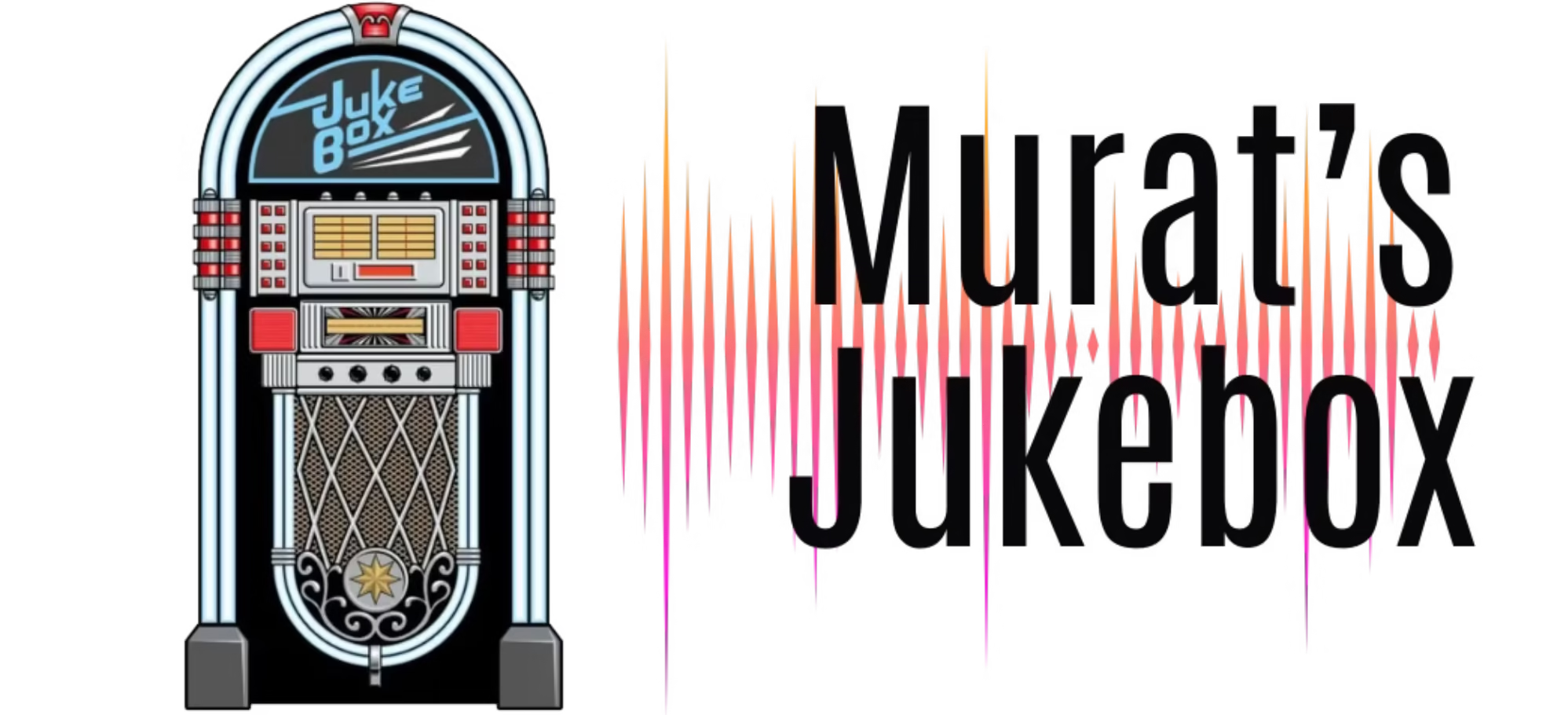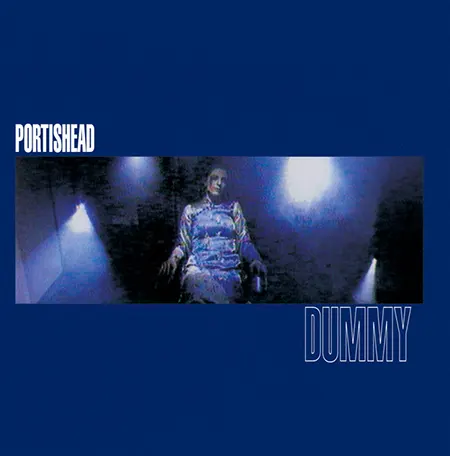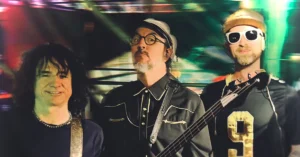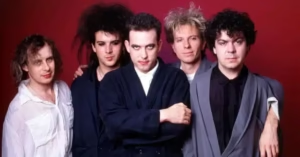Portishead: The Haunting Architects of Trip-Hop
Portishead. Origins: The Birth of a Genre-Bending Sound
Portishead was formed in 1991 in Bristol, England, a city known for its underground music scene and as the birthplace of . The founding members are:
- Geoff Barrow – producer, beats, turntables, and musical architect
- Beth Gibbons – vocalist and lyricist, known for her emotional delivery
- Adrian Utley – guitarist and multi-instrumentalist, joined shortly after the initial formation
The band is named after Portishead, a small coastal town near Bristol where Geoff Barrow grew up. Barrow had previously worked as an assistant at Bristol’s Coach House Studios and had contributed to ’s seminal album Blue Lines. His fascination with hip-hop beats, cinematic soundscapes, and vintage analog equipment laid the foundation for Portishead’s uniquely brooding sonic identity.
Portishead. Musical Style: The Language of Darkness and Desire
Portishead is widely regarded as a pioneer of trip-hop, though the band themselves were often reluctant to accept the label. Their music blends elements of:
- Hip-hop (especially its use of sampling and scratching)
- Jazz noir and cool jazz
- Dub and reggae
- Psychedelia and krautrock
- Film scores (notably Ennio Morricone and John Barry)
- Electronica and avant-garde rock
Beth Gibbons’ haunting, melancholic vocals are central to their sound—her voice is often compared to Billie Holiday’s for its depth and sorrow. Her emotionally intense delivery conveys vulnerability, longing, and existential despair. The production is intentionally lo-fi and cinematic, mixing vinyl scratches, analog synths, reverb-heavy drums, and live orchestration.
Debut Album: Dummy (1994)
Portishead’s first album, Dummy, was released in 1994 to immediate critical acclaim. It was a defining album of the 1990s, shaping the sonic blueprint of trip-hop and inspiring a generation of artists.
Key tracks include:
- “Sour Times” – The band’s breakthrough single, based on a sample from Lalo Schifrin’s Danube Incident.
- “Glory Box” – A sensual, slow-burning anthem built on a sample from Isaac Hayes’ Ike’s Rap II.
- “Numb” and “Roads” – Emotional landscapes wrapped in velvet shadows.
Dummy won the 1995 Mercury Prize and has appeared in countless “greatest albums of all time” lists. Its moody production and emotional honesty made it a landmark release in the 1990s alternative scene.
Self-Titled Album: Portishead (1997)
Rather than replicate the success of Dummy, Portishead went darker and more experimental with their second album. Released in 1997, Portishead was colder, more claustrophobic, and more abstract.
Notable tracks:
- “Cowboys” – A menacing opening track with industrial tones and surreal lyrics.
- “All Mine” – A torch song featuring dramatic strings and a retro feel.
- “Over” and “Only You” – Bleak, romantic, and cinematic.
The album further solidified the band’s refusal to compromise artistically, showcasing a more unsettling and unfiltered sound, with fewer samples and more original instrumentation.
Portishead. Live and Hiatus
In 1998, Portishead released Roseland NYC Live, recorded with a 35-piece orchestra in New York City. The album and accompanying film offered lush, orchestral versions of their tracks and proved that the band could recreate their intricate studio sound in a live setting with dramatic effect.
After Roseland, Portishead entered a long period of hiatus, during which members pursued solo projects. Geoff Barrow formed the instrumental project BEAK>, Adrian Utley worked with numerous artists including Goldfrapp and Sparklehorse, and Beth Gibbons released Out of Season in 2002, a folk-inspired solo album with Paul Webb of Talk Talk.
Third Album: Third (2008)
Released after an 11-year hiatus, Third shocked listeners and critics with its raw, avant-garde direction. Portishead deliberately abandoned the sound that had made them famous.
Characteristics of Third:
- Abrasive textures, distorted synths, and minimalism
- Virtually no sampling or traditional trip-hop beats
- Influences from krautrock, early electronic music, and post-punk
Key tracks:
- “Machine Gun” – Mechanical and percussive, like a drum machine in revolt
- “The Rip” – A haunting ballad that morphs into a swirling electronic climax
- “Nylon Smile” and “We Carry On” – Apocalyptic, fragmented, and hypnotic
Third was a critical triumph, hailed as one of the best albums of 2008. It demonstrated Portishead’s ongoing evolution and refusal to be boxed into a genre or formula.
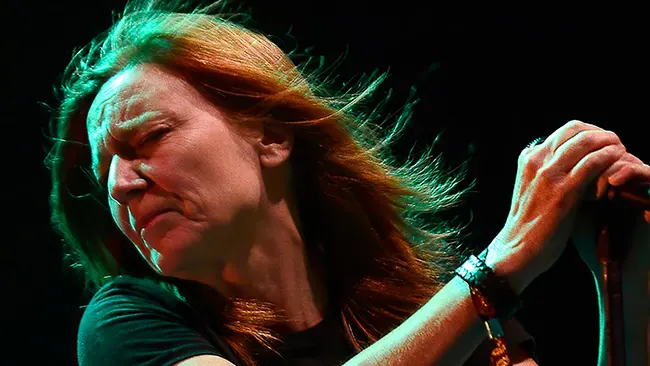
Portishead. Legacy and Influence
Portishead’s influence is vast and enduring. They helped define the Bristol Sound alongside Massive Attack and Tricky, but carved a unique path through the fusion of analog grit and emotional vulnerability.
Their impact can be heard in the music of:
- , especially in albums like Kid A and Amnesiac
- Lana Del Rey, whose noir aesthetics and melancholic aura owe much to Portishead
- FKA Twigs, The xx, James Blake, and others in the alt-R&B and experimental pop scenes
- Countless electronic and hip-hop producers inspired by their analog textures and cinematic scope
Beth Gibbons, in particular, has become a cult figure in music, revered for her expressive voice and reclusive persona.
Interesting Facts
- The band rarely gives interviews or appears in the media, adding to their mystique.
- Beth Gibbons performed Górecki’s Symphony No. 3 in 2014, showcasing her operatic capabilities.
- Portishead’s music has been featured in numerous films and TV shows, often in emotionally intense scenes.
- They’re known for their meticulous production style, often taking years between albums.
- Despite their low output (only three studio albums), their work is considered timeless and essential.
Discography
- Dummy (1994)
- Portishead (1997)
- Roseland NYC Live (1998)
- Third (2008)
